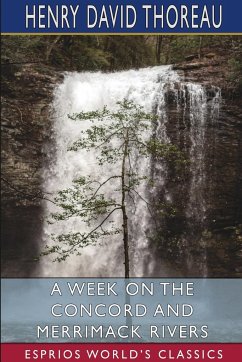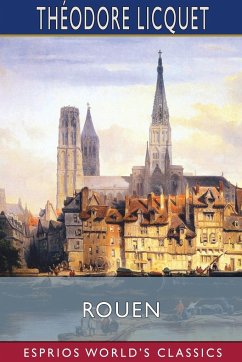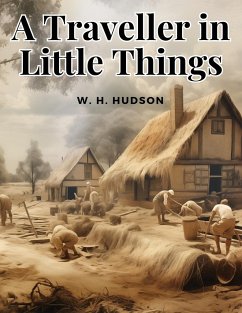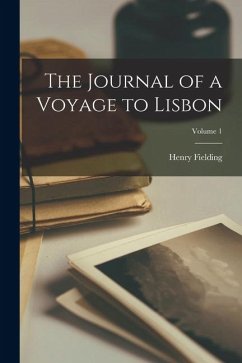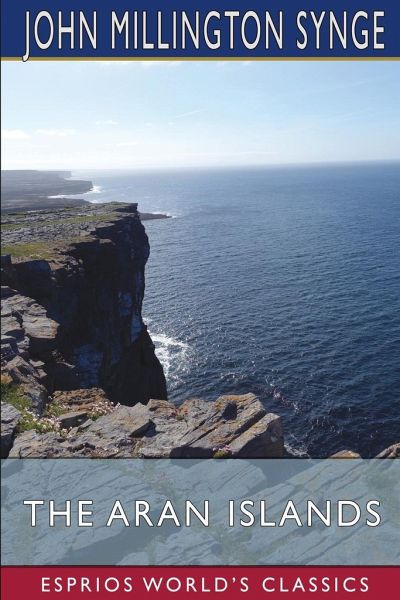
The Aran Islands (Esprios Classics)
Versandkostenfrei!
Versandfertig in 1-2 Wochen
20,99 €
inkl. MwSt.
Weitere Ausgaben:

PAYBACK Punkte
10 °P sammeln!
Edmund John Millington Synge (16 April 1871 - 24 March 1909) was an Irish playwright, poet, writer, collector of folklore, and a key figure in the Irish Literary Revival. His best known play The Playboy of the Western World was poorly received, due to its bleak ending, depiction of Irish peasants, and idealisation of parricide, leading to hostile audience reactions and riots in Dublin during its opening run at Abbey Theatre, Dublin, which he had co-founded with W. B. Yeats and Lady Gregory. His other major works include "In the Shadow of the Glen" (1903), "Riders to the Sea" (1904), "The Well ...
Edmund John Millington Synge (16 April 1871 - 24 March 1909) was an Irish playwright, poet, writer, collector of folklore, and a key figure in the Irish Literary Revival. His best known play The Playboy of the Western World was poorly received, due to its bleak ending, depiction of Irish peasants, and idealisation of parricide, leading to hostile audience reactions and riots in Dublin during its opening run at Abbey Theatre, Dublin, which he had co-founded with W. B. Yeats and Lady Gregory. His other major works include "In the Shadow of the Glen" (1903), "Riders to the Sea" (1904), "The Well of the Saints" (1905), and "The Tinker's Wedding" (1909).






